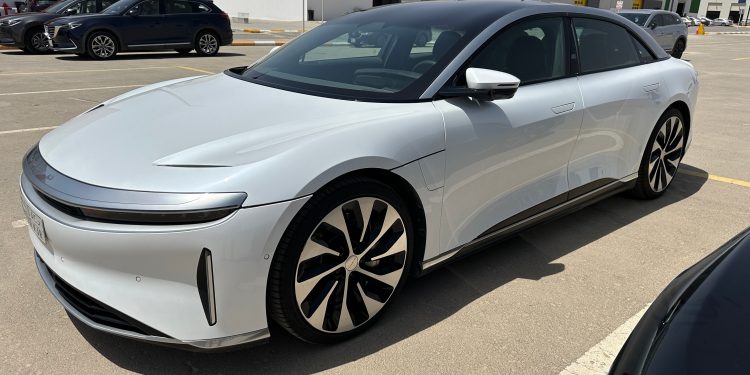Saudi Arabia is seeing slow but notable progress in electric vehicle (EV) adoption, with EVs making up just over 1% of car sales compared to a global average of 18%. Despite challenges like limited charging infrastructure, high prices, and harsh climate conditions, efforts are underway to accelerate the shift.
The Electric Vehicle Infrastructure Company (EVIQ), a partnership between the Public Investment Fund and Saudi Electricity Company, is leading the expansion of charging networks. As of late 2023, there were about 285 public charging points, mostly slow chargers. EVIQ launched its first fast-charging station in Riyadh in early 2024 and aims to install 5,000 fast chargers across 1,000 locations by 2030.
Currently, most EV buyers in Saudi Arabia are those who can charge at home. High upfront costs also deter many, with over 60% of available EVs priced above $65,000, while most gasoline cars are cheaper and fuel is heavily subsidized. Additionally, extreme heat reduces battery efficiency, and long distances between cities exceed the range of many EVs.
Despite these obstacles, Saudi Arabia has ambitious targets, including making 30% of Riyadh’s cars electric by 2030. The country is also investing in local EV manufacturing, with new factories opening and partnerships forming, such as with Lucid, Foxconn, and Hyundai. Major international brands like BYD and Tesla have launched sales in the market, with some models starting at about $27,000, which could help lower prices.
A PwC report shows that over 40% of Saudis are considering buying an EV within three years. EVIQ is expanding charging sites to more cities and highways, aiming for a network that meets most travel needs by 2026.
Experts suggest that government incentives, such as tax exemptions and subsidized charging, will be essential for widespread EV adoption. While EV prices are dropping and choices are increasing, reliable public charging remains the main barrier. Expanding infrastructure is now a top priority for the country’s EV transition.


